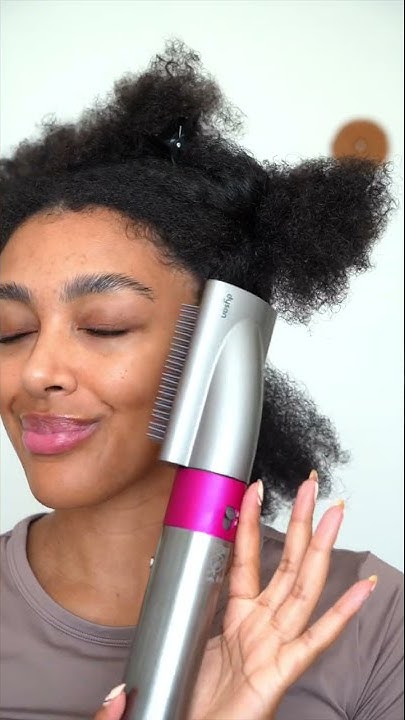Treating vaginitis naturally during pregnancy is a frequent concern for expecting mothers. Vaginitis is a general term for the inflammation of the vagina. Vaginitis is common but can be very annoying as it tends to be reoccurring and may interfere with sexual intercourse. Show
Four types of vaginitis include trichomoniasis, yeast infections, bacterial vaginosis, and atrophic vaginitis. This article will focus on the two types most pertinent to pregnant women: yeast infections and bacterial vaginosis. How to Treat Vaginitis Naturally During PregnancyYeast Infections are caused by a fungus (not by a bacterium, virus, or parasite). It is estimated that 75% of women will experience a yeast infection during their lifetime. Those who are most susceptible to these infections are pregnant women,
women with diabetes, women taking antibiotics, corticosteroid medications, or oral contraceptives (birth control pills), and/or women with
iron deficiencies.
Preventing Yeast Infections:
While there is evidence to suggest that these natural treatments may aid in the prevention of yeast infections, there is no foolproof way to entirely safeguard yourself against infection. Self-diagnosis of yeast infections is typically not recommended, as potential misdiagnosis can lead to overuse or misuse of topical creams and other over-the-counter treatment options. If you suspect that you may have a yeast infection, it is best to contact your doctor to discuss your treatment options. Treating Bacterial Vaginosis Naturally During PregnancyBacterial vaginosis (BV) (also known as nonspecific vaginitis) is caused by several different types of bacteria. Many women don’t experience any symptoms, but some may develop a white or grayish, fishy-smelling discharge. In some cases, the discharge may also appear frothy. Unfortunately, bacterial vaginosis cannot be treated naturally. It is important to take action and contact your healthcare provider because bacterial vaginosis has been associated with preterm delivery, low-birth-weight infants, preterm/pre-labor membrane rupture, and late-term miscarriages. Treating Bacterial Vaginosis when naturally doesn’t workThere are various treatment options available for BV including, but not limited to, oral medications, suppositories, and sulfa creams. Current 7-day oral treatments are clindamycin and metronidazole. Vaginal treatment with suppositories and sulfa creams may provide relief of symptoms but are deemed insufficient to prevent complications during pregnancy. Want to Know More?
Compiled using information from the following sources: 1. Bacterial Vaginosis. (2000). In W. Cohen (Ed.), Cherry and Merkatz’s Complications of Pregnancy (5th ed., p. 761). Philadelphia, PA: Lippincott Williams & Wilkins. 2. Sweet, R., & Gibbs, R. (2002). Infectious Vulvovaginitis. In Infectious Diseases of the Female Genital Tract (4th ed., pp. 337-352). Philadelphia, PA: Lippincott Williams & Wilkins. 3. Vaginitis. (1996). In D. Larson (Ed.), Mayo Clinic Family Health Book (2nd ed., pp. 1173-1174). New York, NY: William Morrow and Company. Mayo Clinic. How can I treat a yeast infection while pregnant?You can safely treat a yeast infection during pregnancy with various over-the-counter antifungal vaginal creams or suppositories. However, it's best to confirm with your health care provider that your symptoms are actually due to a yeast infection before starting treatment.
Can a yeast infection go away on its own while pregnant?If you develop symptoms from a yeast infection, they're likely to be bothersome (and may get worse) until you treat the infection, though sometimes they do come and go on their own.
What can I use at home for yeast infection itch while pregnant?The best home remedies for vaginal itching. Baking soda bath. Baking soda baths can potentially treat yeast infections as well as certain itchy skin conditions. ... . Greek yogurt. ... . Cotton underwear. ... . Apple cider vinegar bath. ... . Probiotic supplements. ... . Coconut oil. ... . Antifungal cream. ... . Cortisone cream.. What happens if you don't treat a yeast infection while pregnant?If left untreated, yeast infections can pass to your baby's mouth during delivery. This is called “thrush” and is effectively treated with Nystatin. It may take 10-14 days to find relief or completely clear up the infection while you are pregnant.
|

Related Posts
Advertising
LATEST NEWS
Advertising
Populer
Advertising
About

Copyright © 2024 chuyencu Inc.


















